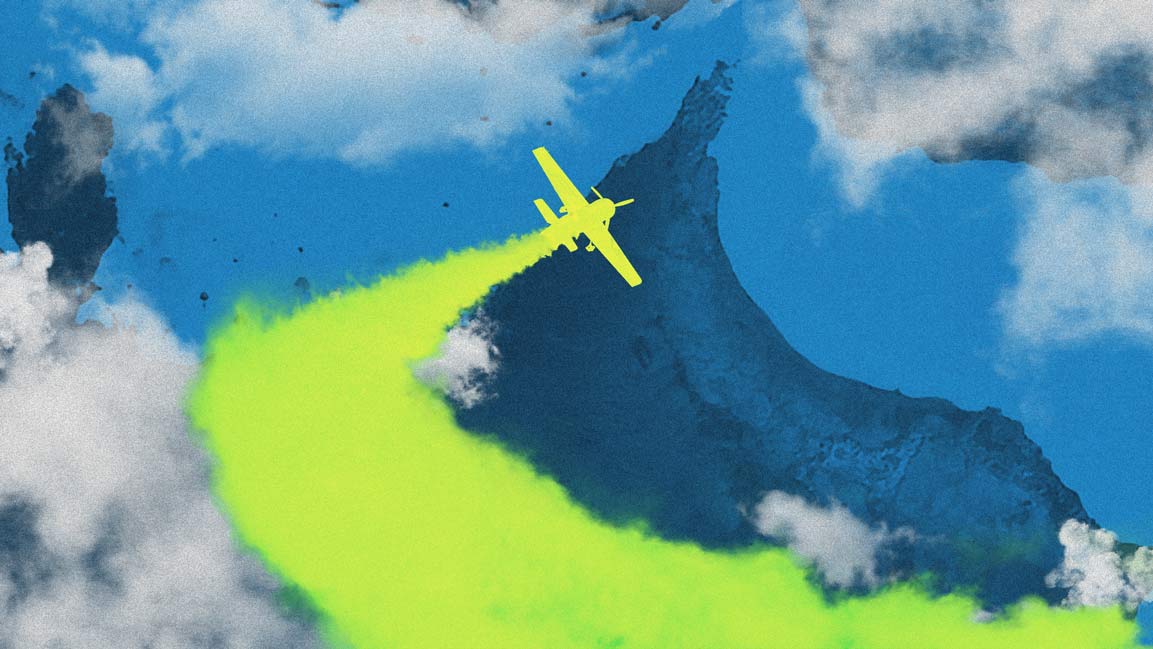Introduction
The United Arab Emirates has long been known for its ambition, innovation, and determination to overcome natural challenges. One of the most pressing issues the nation has faced is its arid climate and limited freshwater resources. To tackle this challenge, the UAE has been investing heavily in innovative technologies that can ensure water security for generations to come. Among the most groundbreaking of these projects is the use of artificial intelligence (AI) to enhance cloud seeding operations. By merging AI with weather modification science, the UAE is positioning itself as a global pioneer in sustainable water solutions.
The Importance of Water Security in the UAE
Water scarcity is not just a local challenge but a global issue. For a desert nation like the UAE, where rainfall is sparse and groundwater resources are limited, the need for sustainable solutions is critical. The country’s population growth, expanding industries, and rising agricultural demands have put additional pressure on its water reserves. While desalination plants have played a significant role in meeting demand, they also come with environmental and economic costs. This has encouraged the UAE to explore more eco-friendly approaches, such as cloud seeding enhanced by artificial intelligence.
What is Cloud Seeding?
Cloud seeding is a weather modification technique that involves introducing particles into the atmosphere to encourage cloud formation and increase rainfall. Traditionally, this process has relied on aircraft dispersing salt crystals or silver iodide into suitable clouds. While the technique has shown results, its effectiveness has always been influenced by timing, weather conditions, and human decision-making. This is where AI comes in, adding precision, predictability, and efficiency to the process.

The Role of AI in Cloud Seeding
Artificial intelligence has transformed the way cloud seeding is carried out in the UAE. Instead of relying solely on human forecasts, AI uses advanced algorithms to analyze weather data, cloud patterns, humidity levels, and wind speed. This allows meteorologists to identify the most promising clouds for seeding with far greater accuracy. AI systems can process massive amounts of real-time data, providing quick recommendations and optimizing the timing of seeding missions.
By using AI-driven decision-making, the chances of successful rainfall are significantly increased. This reduces wasted resources and ensures that each operation has maximum impact. In addition, AI helps monitor the long-term effects of cloud seeding, allowing researchers to refine strategies and make improvements for the future.
Smart Drones and Autonomous Technology
Another exciting advancement in the UAE’s cloud seeding program is the use of drones integrated with AI technology. Unlike traditional aircraft, drones are cost-effective, safer, and can fly at lower altitudes where seeding is often most effective. These AI-guided drones are equipped with sensors and dispersal mechanisms that release the right amount of seeding material into target clouds.
The autonomous nature of drones means they can be deployed quickly, respond to sudden changes in weather, and operate without putting human pilots at risk. This integration of AI with drone technology has brought a new level of agility and accuracy to the UAE’s rainfall enhancement missions.
Data-Driven Weather Predictions
AI does not just assist during seeding missions; it also plays a vital role in predicting weather patterns weeks in advance. Using machine learning models trained on decades of meteorological data, AI can forecast cloud formations and rainfall probabilities with greater reliability. This predictive ability ensures that cloud seeding efforts are planned strategically rather than reactively.
Moreover, AI-driven climate models help the UAE understand the broader impact of cloud seeding on ecosystems, groundwater levels, and agriculture. By maintaining a data-driven approach, the nation ensures that cloud seeding is not just effective but also sustainable in the long run.
Environmental Benefits of AI-Powered Cloud Seeding
One of the criticisms of traditional water solutions, such as desalination, is their high energy consumption and environmental impact. Cloud seeding, enhanced by AI, presents a much greener alternative. By creating rainfall naturally, the UAE reduces reliance on energy-intensive desalination plants and lessens its carbon footprint.
Additionally, cloud seeding increases groundwater recharge, benefits agriculture, and helps maintain natural ecosystems that rely on rainfall. AI ensures that seeding missions target the most beneficial areas, preventing unnecessary interventions in delicate ecosystems. This balance between technology and sustainability reflects the UAE’s commitment to environmental stewardship.
Global Leadership in Innovation
The UAE’s efforts in AI-driven cloud seeding have attracted international attention. By investing in research, developing homegrown technology, and collaborating with global experts, the UAE is setting new benchmarks in weather modification. Its leadership in this field goes beyond national interests—it has the potential to inspire and support other water-scarce regions around the world.
By sharing its advancements and expertise, the UAE is not only securing its own water future but also contributing to global climate resilience. This aligns with the country’s broader vision of becoming a hub for innovation and sustainability.
AI Beyond Rainfall Enhancement
While AI’s role in cloud seeding is groundbreaking, it is also part of a larger technological ecosystem that the UAE is developing. Artificial intelligence is being applied across industries, from healthcare and education to transportation and energy. The success of AI in cloud seeding demonstrates the transformative potential of combining cutting-edge technologies with visionary leadership.
In fact, the UAE has established dedicated AI strategies and institutions to accelerate adoption. The integration of AI into national priorities such as water security reinforces the idea that innovation is not just about progress but about survival and sustainability.

Challenges and Ethical Considerations
Despite its promise, AI-powered cloud seeding is not without challenges. Weather systems are complex, and even the most advanced AI cannot guarantee outcomes with 100% certainty. There are also ethical considerations, such as the unintended impact on neighboring regions or the alteration of natural weather cycles.
The UAE is addressing these challenges through rigorous research, transparency, and international collaboration. By carefully monitoring results and engaging in open discussions, the nation ensures that its cloud seeding projects remain responsible and aligned with broader environmental goals.
The Human Side of Innovation
At its core, the UAE’s investment in AI-driven cloud seeding is not just about technology—it is about people. Ensuring a steady supply of water directly improves the quality of life for residents, supports agriculture, and strengthens economic stability. Communities benefit from more reliable rainfall, farmers can grow crops with greater confidence, and industries can thrive without the constant threat of water scarcity.
This human-centered approach reflects the UAE’s values: using innovation to serve people and protect future generations. By framing AI as a tool for human progress, the nation demonstrates how advanced technology can be both ambitious and compassionate.
Looking Ahead: The Future of AI and Cloud Seeding
The journey of the UAE in using AI for cloud seeding is only just beginning. Future advancements could involve even smarter drones, more sophisticated algorithms, and global collaborations that expand the reach of rainfall enhancement.
There is also the possibility of integrating AI cloud seeding with other sustainability initiatives, such as renewable energy systems, smart agriculture, and climate adaptation strategies. By creating a connected ecosystem of innovation, the UAE can amplify the benefits of each project and accelerate its journey toward long-term resilience.
Conclusion
The UAE’s pioneering use of artificial intelligence in cloud seeding is a shining example of how technology can address humanity’s greatest challenges. By combining vision, science, and AI-powered precision, the country is transforming its natural limitations into opportunities for growth and leadership.
This bold approach reflects the UAE’s broader mission of shaping a future where sustainability and innovation go hand in hand. As the nation continues to refine and expand its AI-driven cloud seeding efforts, it stands as a beacon of hope for water-scarce regions across the globe. The story of the UAE is proof that with determination and intelligent innovation, even the driest deserts can be transformed into landscapes of possibility.
Do follow Gulf Magazine on Instagram.
Also Read – Global Unity Demands Justice Against War Crimes



